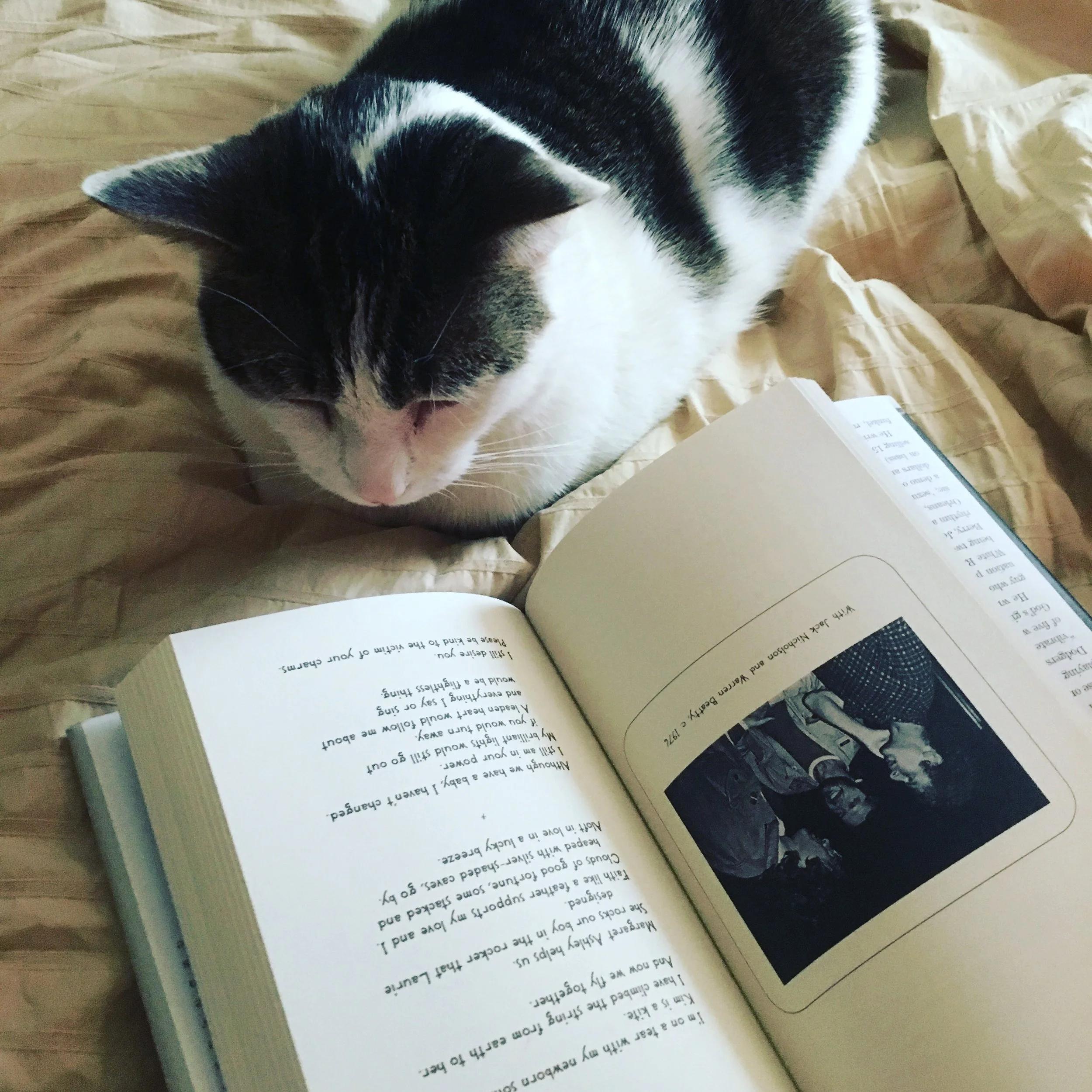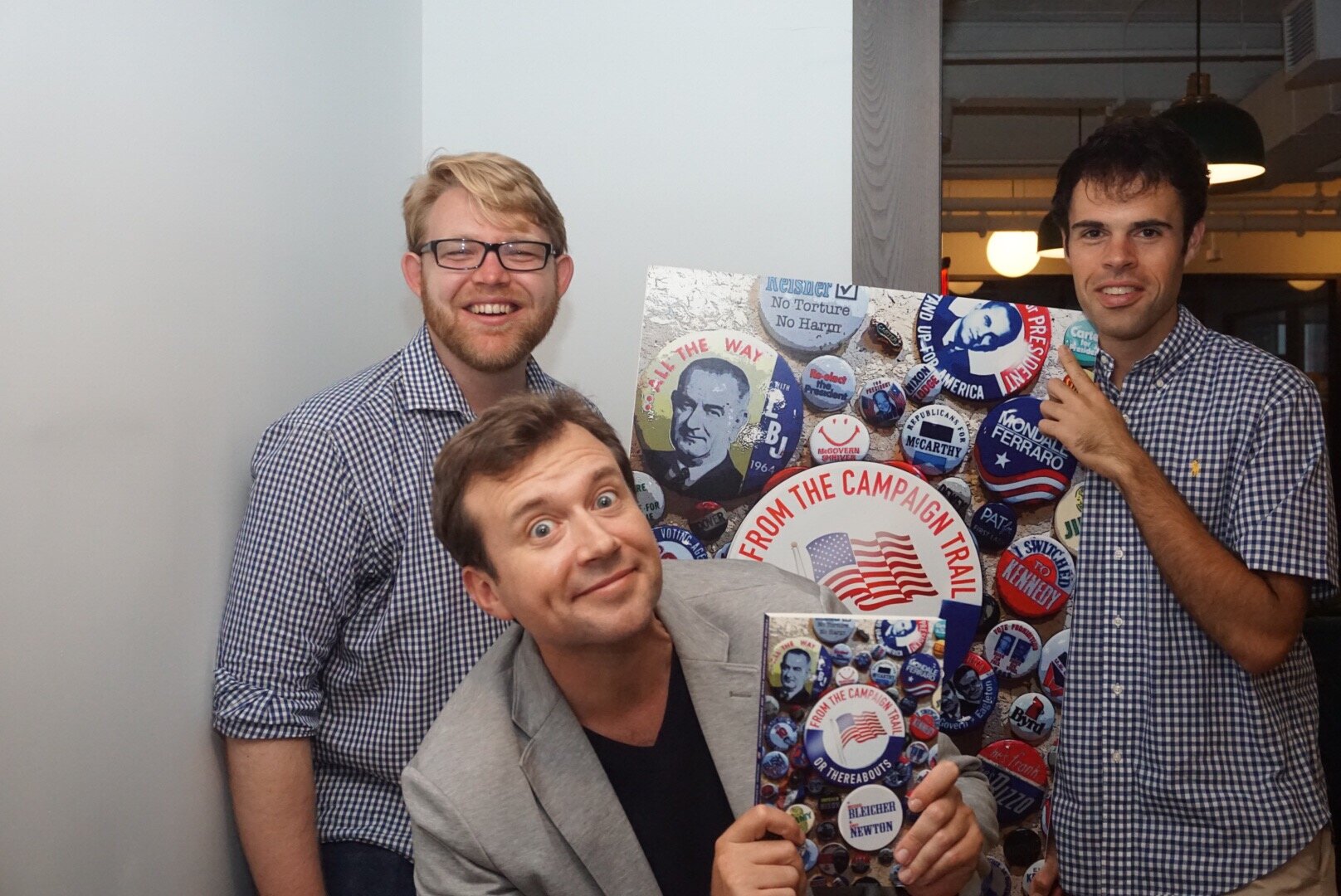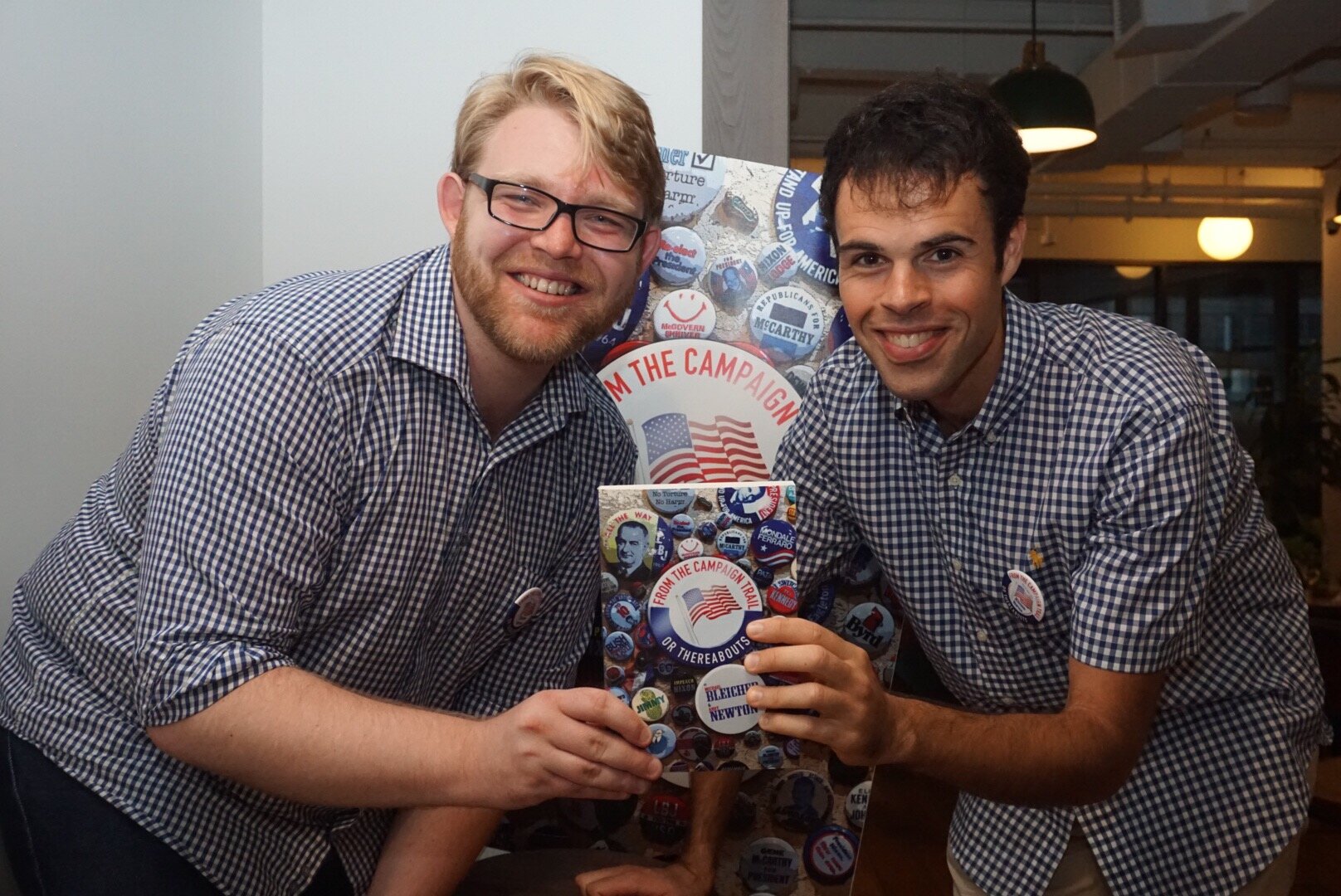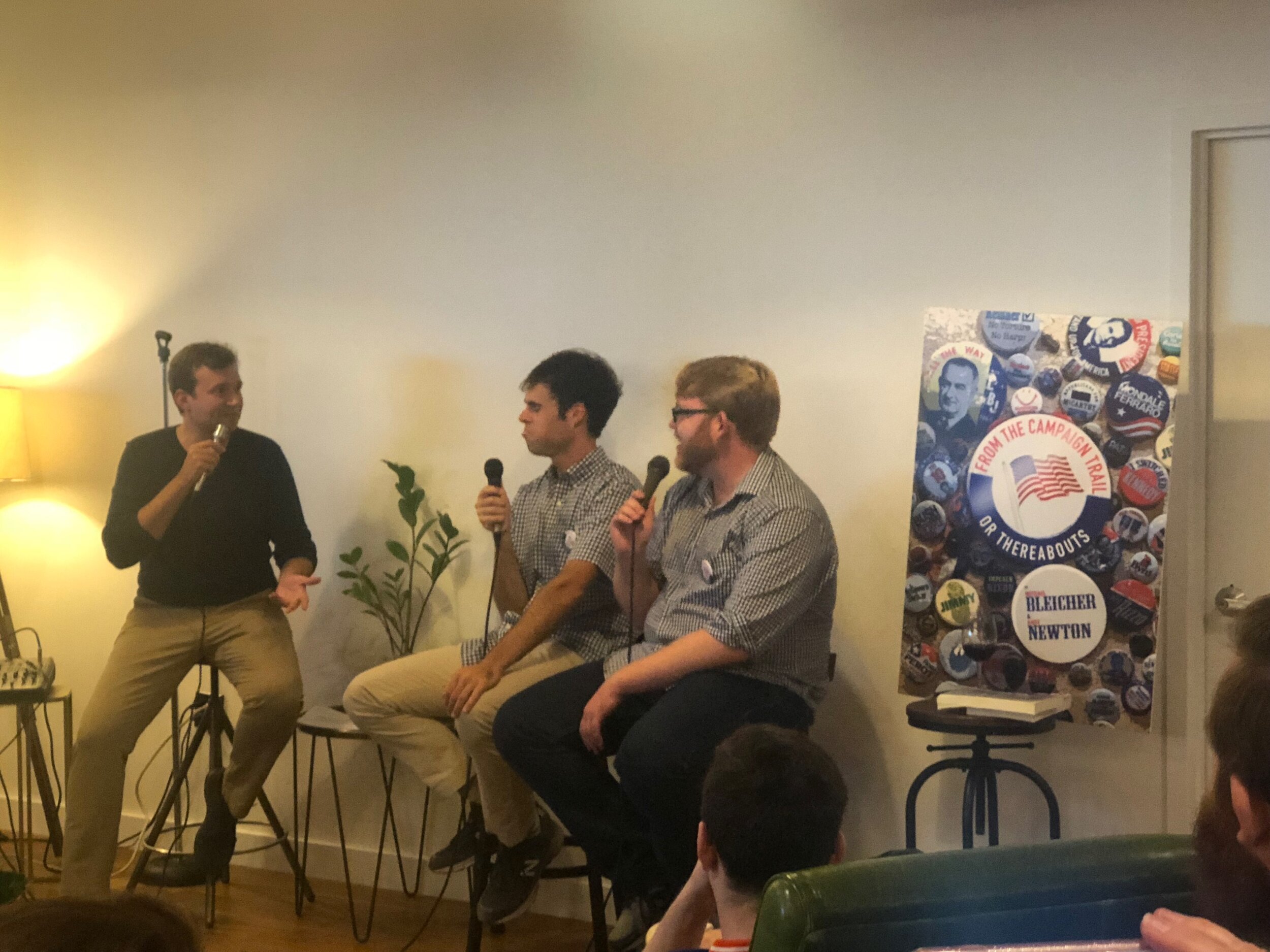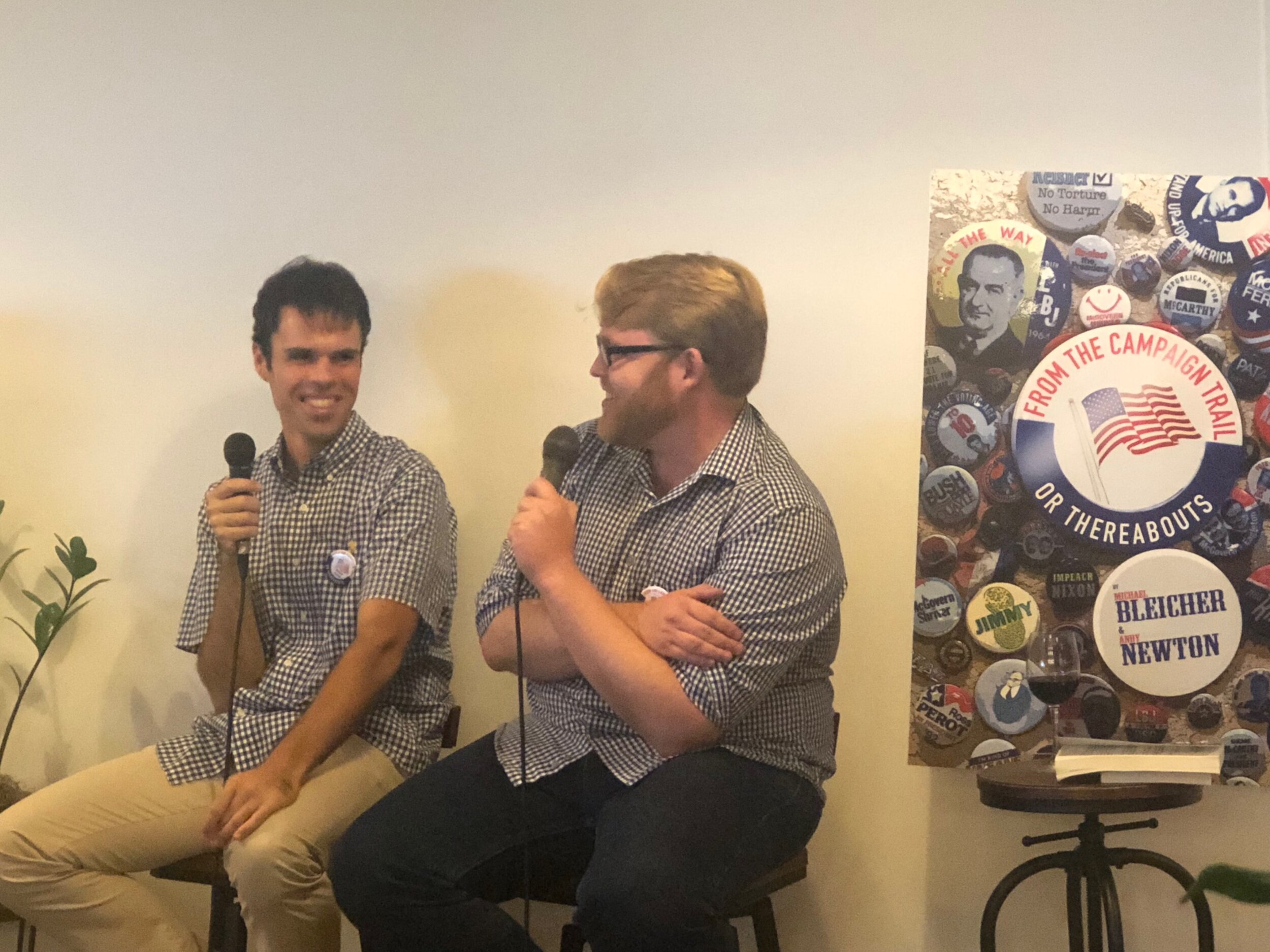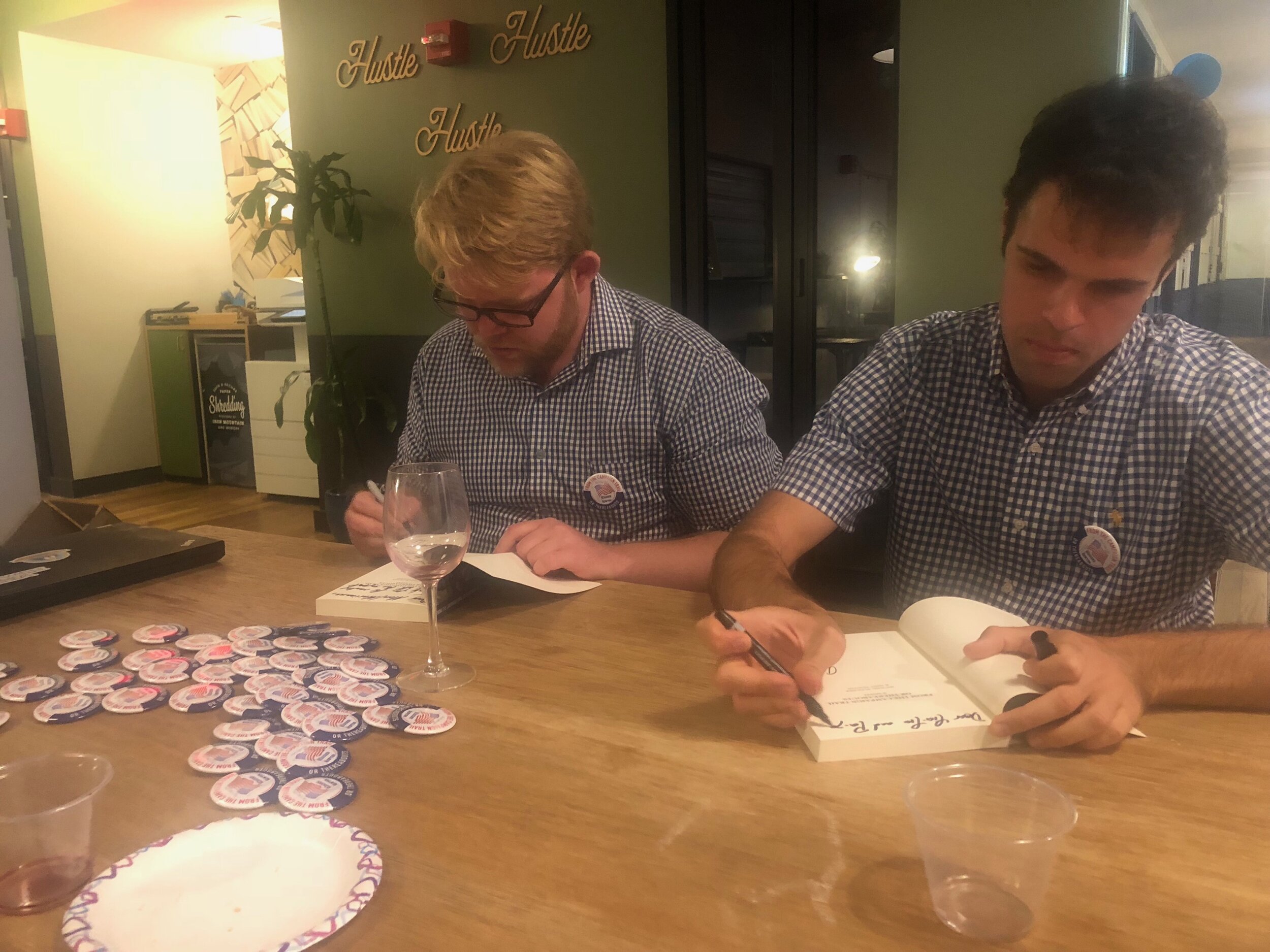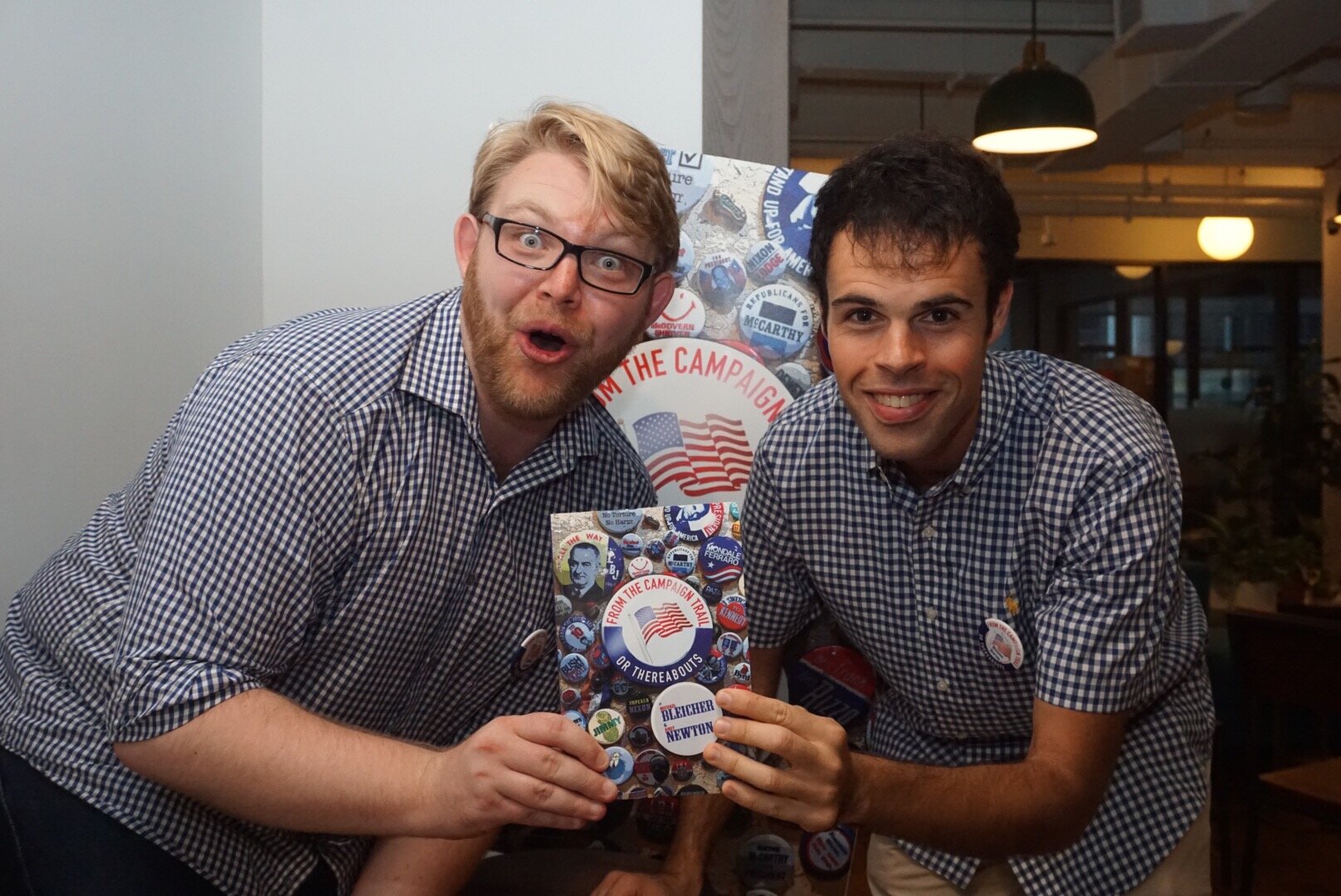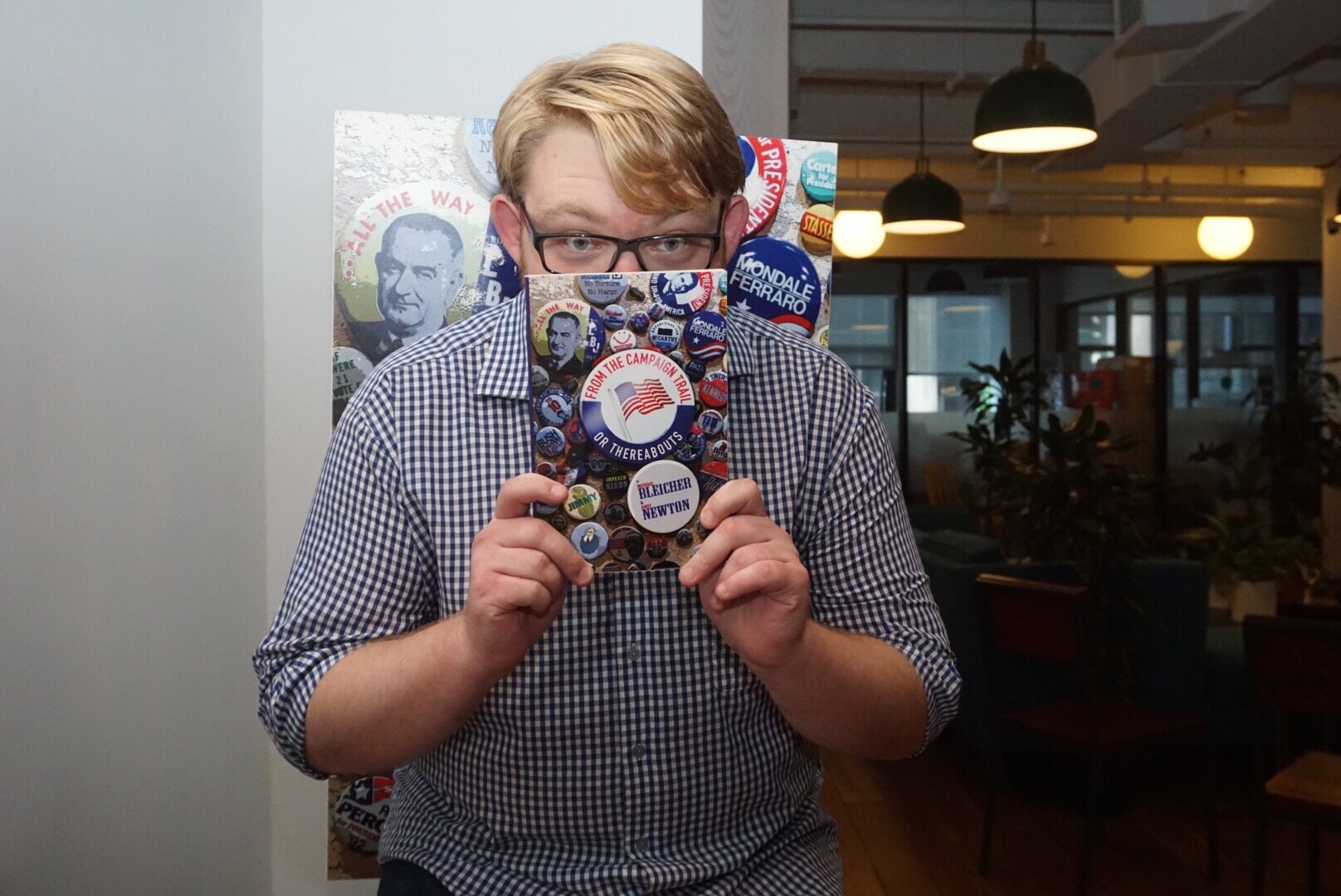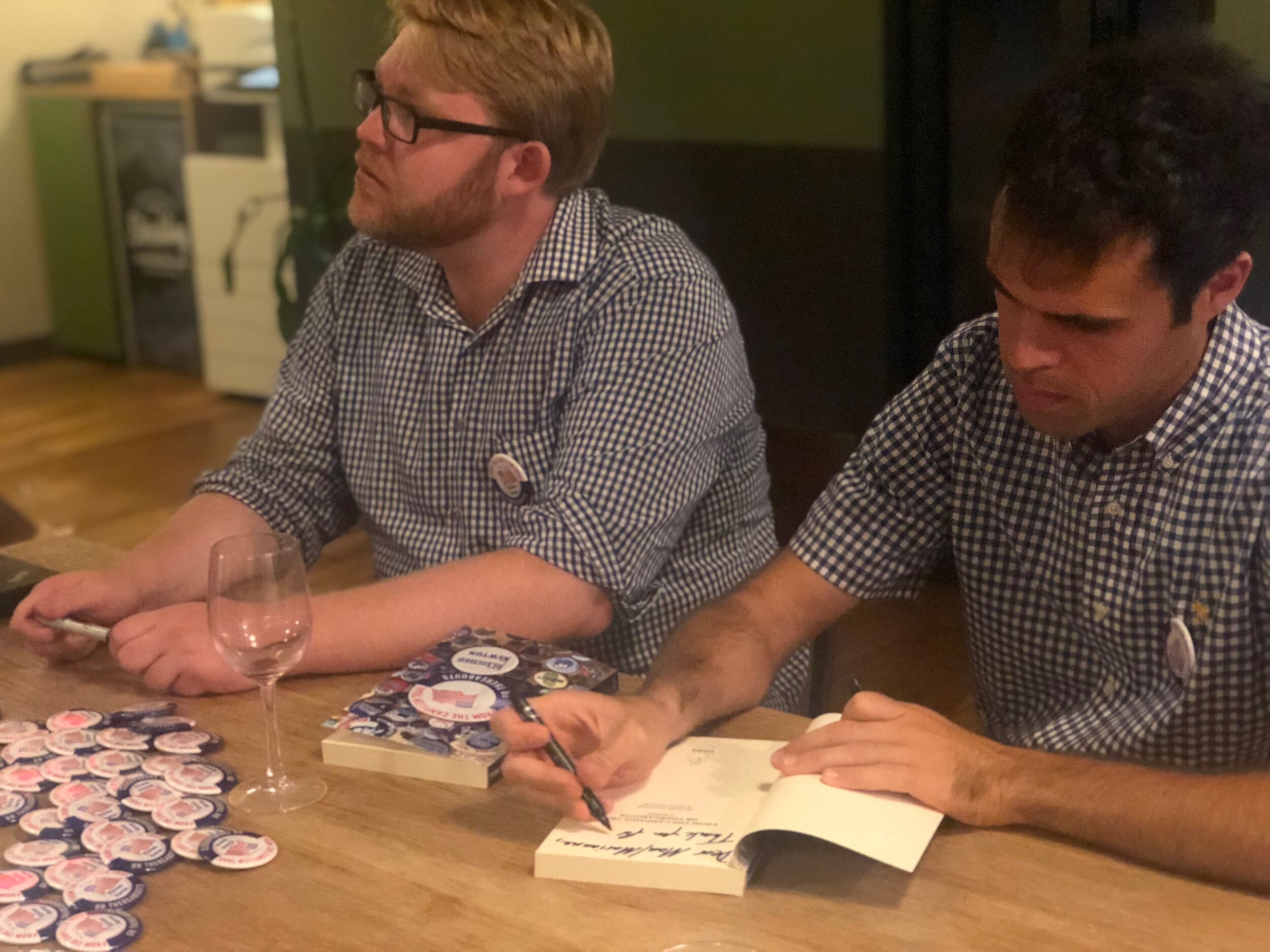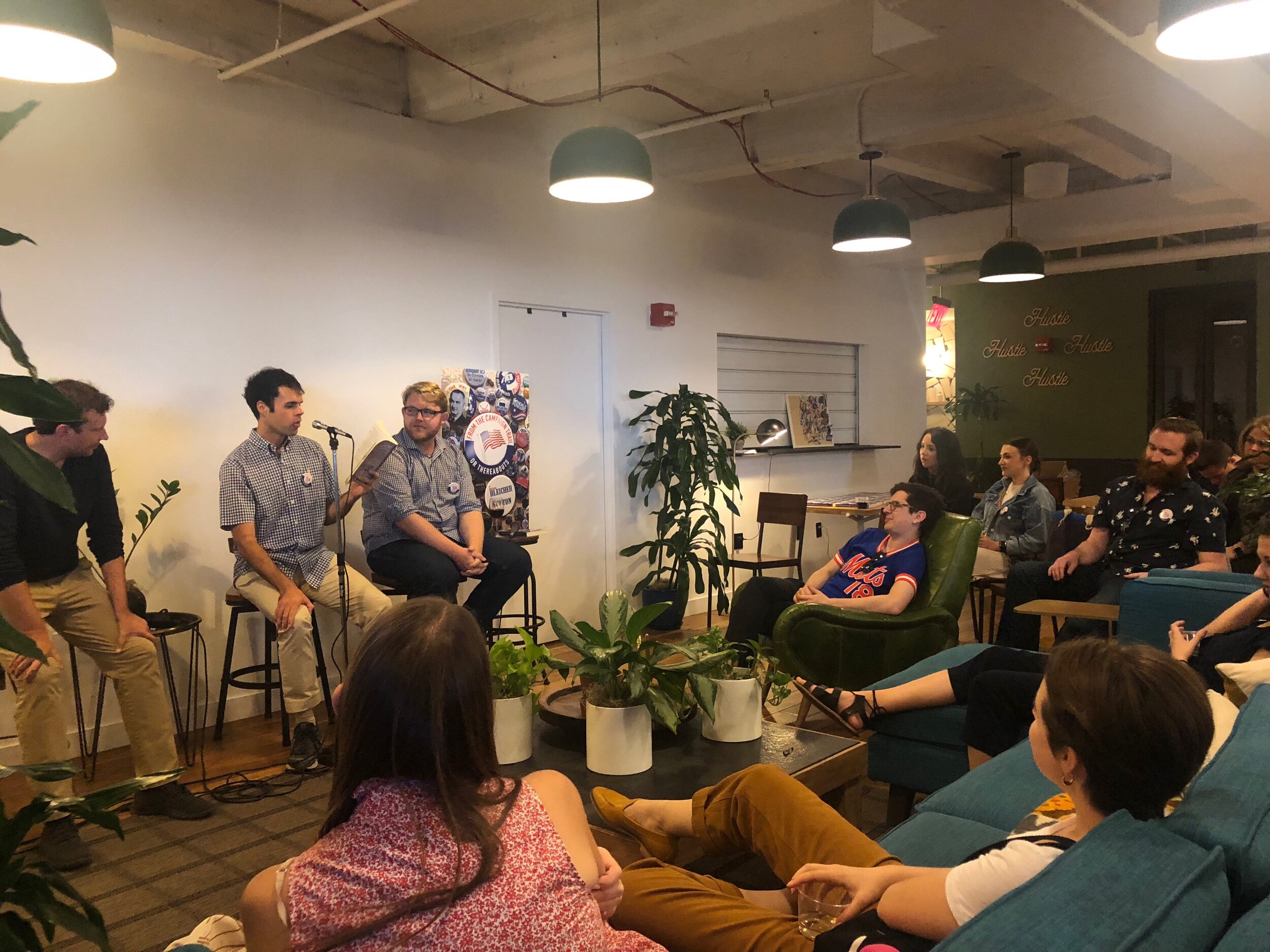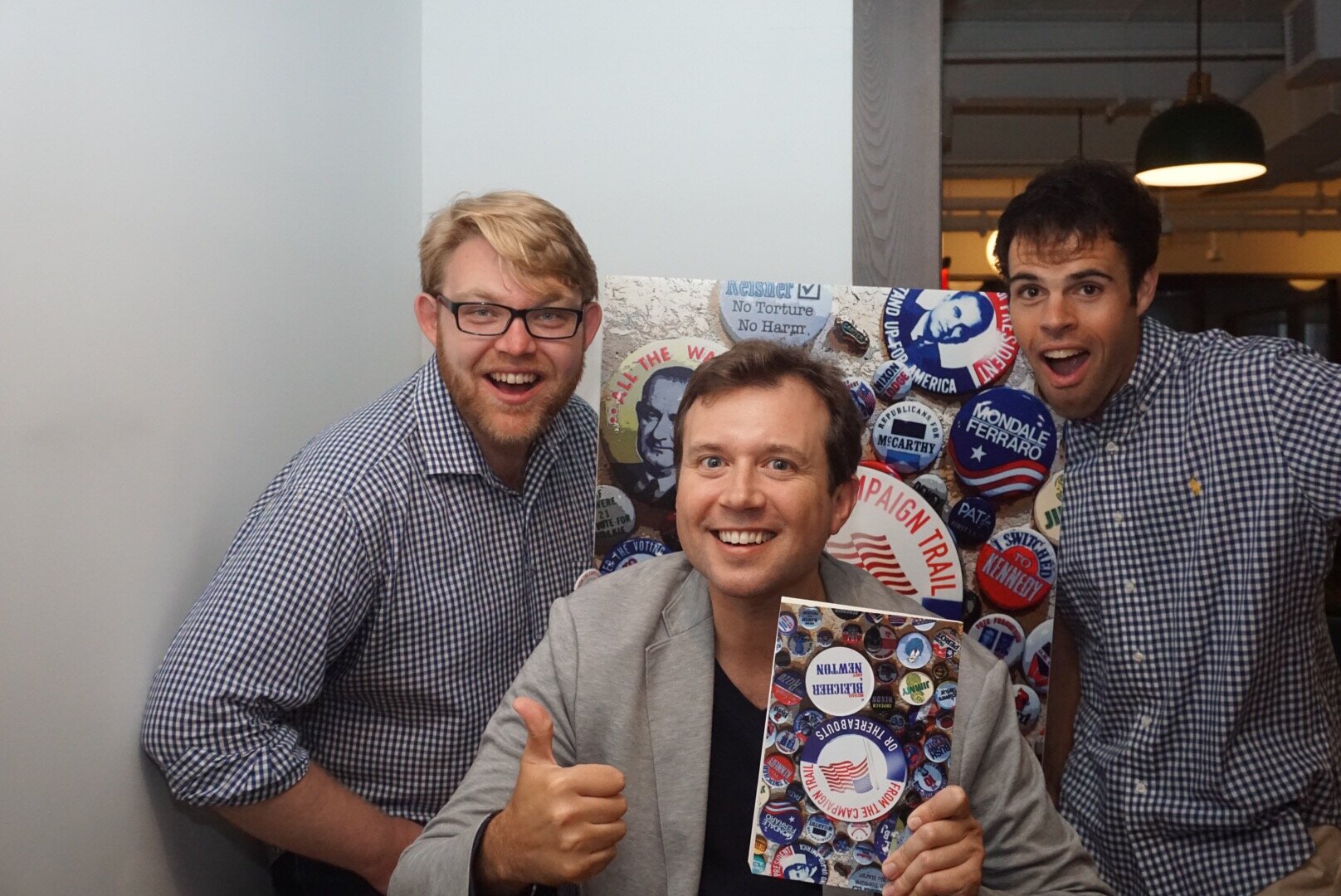I didn’t have the best relationship with schooling. Not at first, at least. From preschool through the first grade, I would occasionally have an earth-rending tantrum at just the notion of going, and even after I got over my anxiety, I was still slow on the uptake when it came to reading and arithmetic. In the first grade, I was very quickly assigned to the lower reading group, and I had to suffer my way through Zoo-phonics every morning of that year while the smart kids read The Boxcar Children. Much later, I would realize that my main issue then was that my attention was always somewhere else. It wouldn’t be accurate to say that my head was in the clouds. My mind wasn’t traveling outward but inward. I had a tendency, as I still do today, of traveling into the recesses of my imagination and getting lost in there.
It was in the third grade that my relationship with schooling began to change. At the beginning of the year, our teacher gave each of us an orange folder full of blank sheets of lined paper and told us that each morning that year, we’d start the day writing. I don’t recall our teacher ever giving us prompts or particular directions. She just gave us time to sit alone with these blank sheets of paper and fill them with our thoughts and, in my case, stories. I took to this activity like a duck on water. I don’t think I’d previously comprehended that one could transcribe the goings-on in one’s brain into words. I finally had discovered a way to connect with the world and more fully with myself.
This past September, when Michael Bleicher and I came out with our debut novel, From the Campaign Trail or Thereabouts, I reflected a lot on that time in the third grade. I felt that the seed of a dream that was first planted then had finally borne fruit. The content and complexity of what I wrote obviously changed over the years, but that creative drive which compelled me to fill that orange notebook was the same which brought me to GoogleDrive three to four nights a week for the better part of three years to finish this novel.
Combined with my engagement this past May to the woman with whom I’ve shared the last five years of my life, and I think it’s safe to say that 2019 was a singular year for me, indeed.
Okay, and Now for Some Lists and Whatnot
This feels pretty clumsy at this point, but no reflection on 2019 seems to be complete without the inclusion of one or several retrospective lists.
Stuff We Wrote (Besides Our Novel)
Michael and I didn’t produce a ton of short humor this year since the majority of our efforts were spent revising our novel and readying it for publication. Here are some highlights:
Stuff I Read (Besides Our Novel)
I didn’t read quite as many books this year as I typically do (again blaming this on revising From the Campaign Trail or Thereabouts), but I did manage to fit in some titles of note. I read Tolstoy for the first time. I started with Anna Karenina, mainly because I found a copy of it in a box left on a neighboring stoop, and I enjoyed it so much that I decided to pick up War and Peace, as well. I also read a couple history books related to WWII, most notably the second volume of Winston Churchill’s comprehensive account of the war, which includes both the evacuation of Dunkirk and the Battle of Britain.
Here’s a full list of the titles I read this year. I only wrote reviews for books when I felt particularly compelled to upon completing them, but I invite you, dear readers, to reach out if you wish to discuss any of them with me. Or really if you want to talk about anything. I’m a pretty lonely guy.
A Handful of Dust, by Evelyn Waugh
A Thousand Mornings: Poems, by Mary Oliver
Underground Airlines, by Ben H. Winters
Frankly, I think this book was a little over-hyped on NPR when it first came out. Winters is clearly very talented at world building and fashioning engaging thrillers, but if you’re going to center your story around something as loaded as slavery and America’s caste society, it’s crucial that your characters have enough emotional depth to do the subject matter justice. I don’t believe that was accomplished here, unfortunately.
Becoming, by Michelle Obama
Anna Karenina, by Leo Tolstoy
Hitler in Los Angeles: How Jews Foiled Nazi Plots Against Hollywood and America, by Steven J. Ross
To call this story incredible would ultimately be a disservice, as we’ve clearly seen the continuing legacy of white supremacy in this country and the pernicious effects of our government and law enforcement agencies not taking it seriously. In this well-researched book, Ross weaves a fascinating and inspiring tale that illustrates what a few ordinary citizens can accomplish with determination, courage, and an aptitude for filing systems.
Their Finest Hour, by Winston S. Churchill
The Nickel Boys, by Colson Whitehead
The Book of Snobs, by William Makepeace Thackeray
Bad Feminist, by Roxane Gay
War and Peace, by Leo Tolstoy
A lot of classics fail to wow readers like they did when they were first released, but War and Peace, in my opinion, decidedly does not fall into that category (with the exception of a tedious proto-historiographical treatise shoehorned in toward the end). Tolstoy’s work is densely plotted, and his characters are richly drawn; they live on the page from the first sentences they’re mentioned. To be able to sustain that across such an expansive story is an admirable feat and makes for a beautiful, delightfully immersive journey through joy, romance, shame, and tragedy. I also enjoyed Tolstoy’s insistence on showing the brutal, ugly senselessness of war, as well as on contending with the strong-man or top-down view of history (even though I just complained about his historiographical arguments; it was more about how many pages he spent on it). It may just be my ignorance of Russian literature, but I found his treatment of the battle sequences to be fairly surprising for the era in which he was writing.
